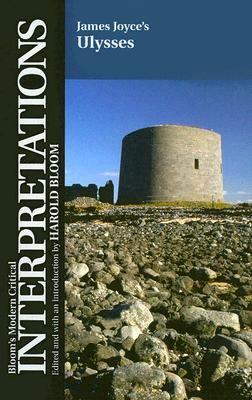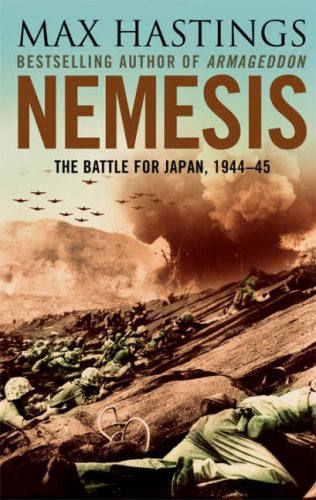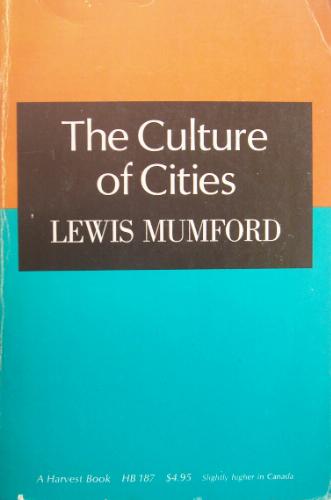Currently I am rereading the Chronicles of the Dragonlance. Lord of the Rings introduced me to the wonder of fantasy. Dragonlance to its enjoyment. Have fond memories of it and was curious how it would hold up these days.
Well it's tropey and constructed. It was awkward how head-first the story dived into the company-of-heroes-to-save-the-world-
narrative and how ready the characters are to accept this sudden, dramatic and implausible turn of events as just that narrative.
However, as hamfisted and hackneyed so many things are, the company of heroes is well constructed. Very much constructed, as so many things, but still well constructed. More so than in many other fantasy novels I have read. Right from the start, you wonder what the deal is with each of them (not quit each), and everyone seems to have a special and interesting back story, but which you will only learn as the story progresses. The resulting tension and conflicts within the group are cookie-cutter, but again, they are still set out well.
The story itself is extremely fast-paced, jumping from one wonder to the next adventure. And it works. In spite of all the flaws I see now as clearly as never before (and that also includes the plain craftsmanship of words), it still is a fun ride.
It is very flawed, but it does some essential things right, and better than a lot of other fantasy, even if that other fantasy may be more mature and refined.









